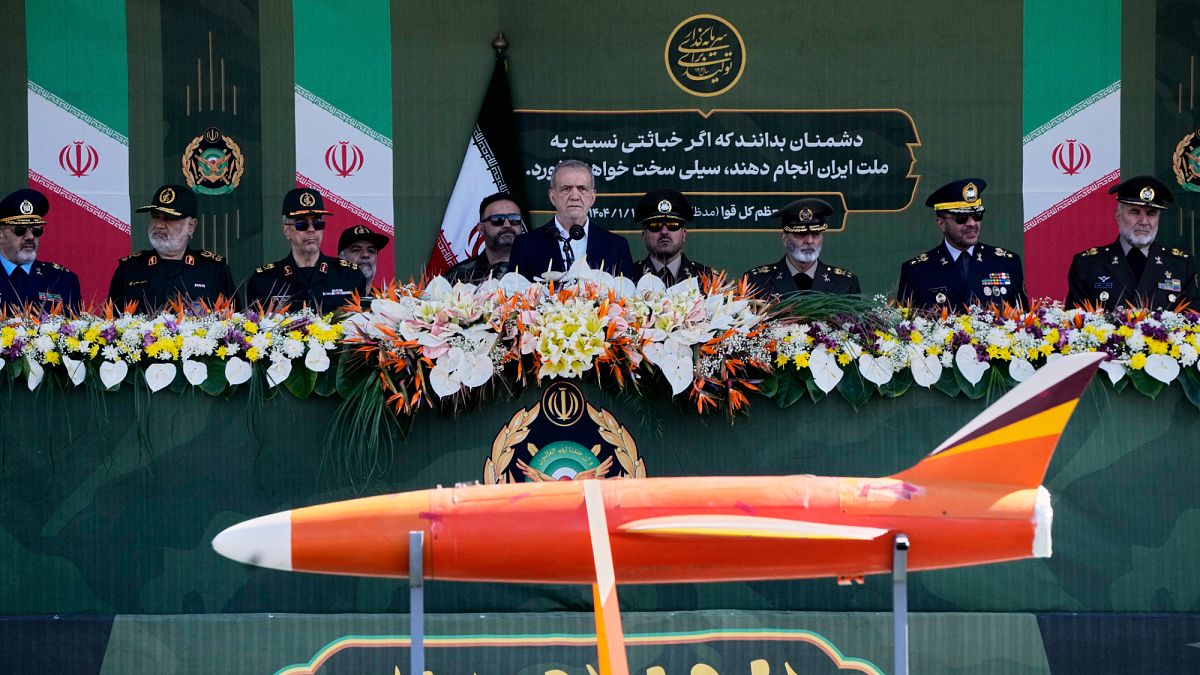

In recent days, the world has witnessed a series of significant events, marked by both tension and progress, providing a nuanced perspective on international affairs. From military strikes to diplomatic efforts, these developments highlight the complexities of global relations.
The United States, in collaboration with Israel, conducted airstrikes targeting Iran’s main nuclear sites. This strategic move, confirmed by the Pentagon, has effectively set back Iran’s nuclear program by one to two years. The operation underscores ongoing international efforts to manage nuclear proliferation and reflects the intricate web of geopolitical interests in the region. While these actions bear immediate strategic outcomes, they also open up dialogues on the long-term implications for peace and cooperation among nations involved.
Meanwhile, in Pakistan, a tragic incident unfolded with a roadside bombing in a former Taliban stronghold, leading to the loss of at least five lives. The attack, attributed to the Tehreek-e-Taliban Pakistan, underscores the persistent challenges of maintaining security and peace in regions historically affected by conflict. As Pakistan continues to grapple with these security threats, the loss of life is a stark reminder of the human cost associated with political instability.
In the United States, an explosion at a fireworks warehouse in Northern California has caused widespread fires, prompting evacuations in surrounding communities near Sacramento. The incident serves as a somber reminder of the potential hazards associated with industrial accidents, highlighting the importance of safety regulations and preparedness in the prevention of such emergencies. The response efforts demonstrate the resilience of communities facing natural and man-made disasters, emphasizing the strength found in collective action.
In the Middle East, the conflict between Israel and Gaza remains a focal point of international concern. Recent reports reveal that the Israeli military used a powerful 500lb bomb during a strike on a crowded Gaza cafe, resulting in significant casualties. This incident raises questions about the legality of such actions under international law, with experts suggesting that the use of heavy munitions in civilian areas may constitute a war crime. The situation calls for careful consideration and underscores the urgent need for adherence to humanitarian principles in conflict zones.
Amidst these tensions, there are glimmers of hope. Former US President Donald Trump announced that Israel is prepared to agree to a peace deal with Hamas. This development, part of a broader effort to achieve a ceasefire in the Gaza conflict, offers a potential pathway to peace. While the exact terms of the proposal remain unclear, the prospect of a ceasefire provides an opportunity for dialogue and a break in the cycle of violence. The ongoing efforts to broker peace highlight the importance of diplomacy and the need for sustained dialogue between conflicting parties.
Across these diverse stories, a common theme emerges: the interplay of conflict and cooperation. As nations navigate the complexities of international relations, the actions taken today will undoubtedly shape the future landscape of global peace and stability. By remaining committed to dialogue and cooperation, the international community can work towards a more harmonious and secure world.
Source: {link}
